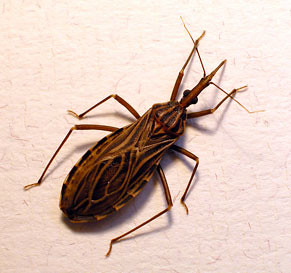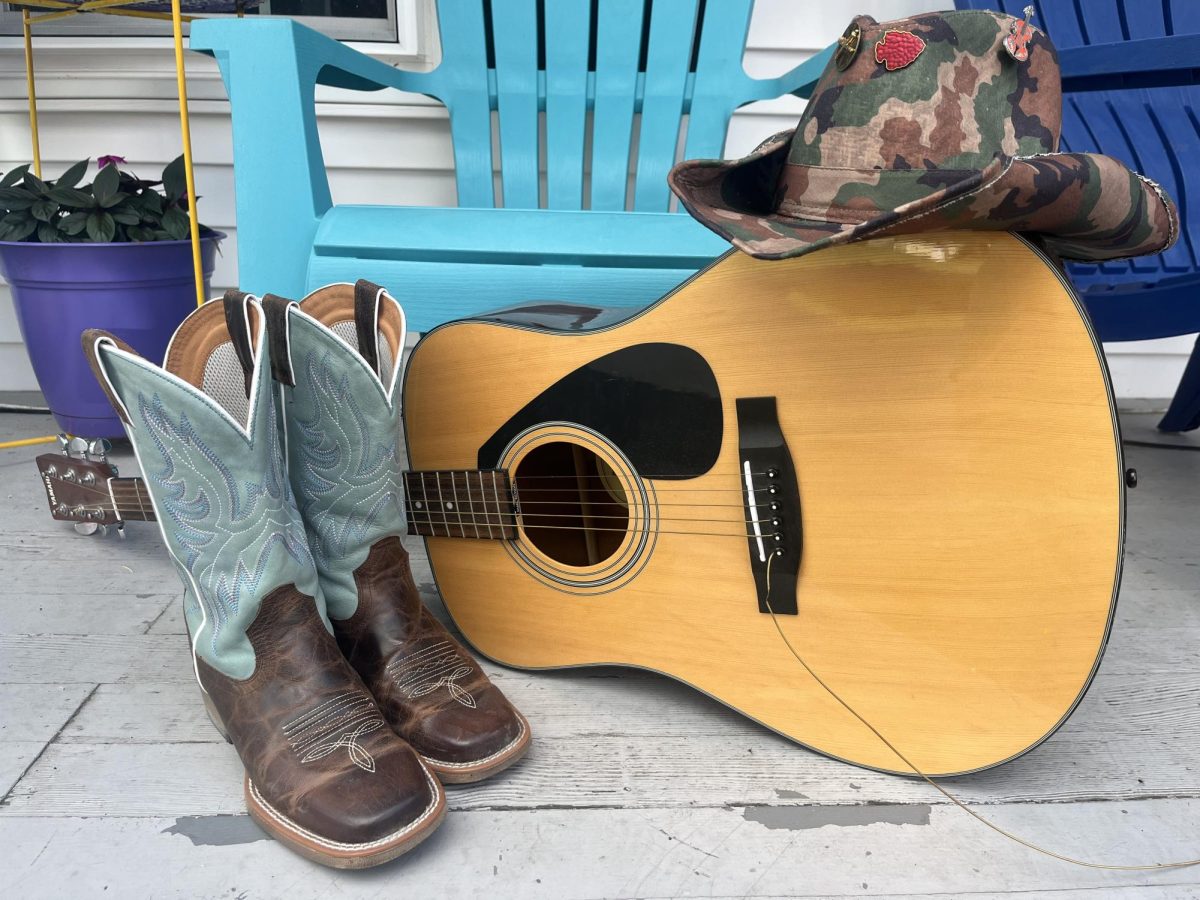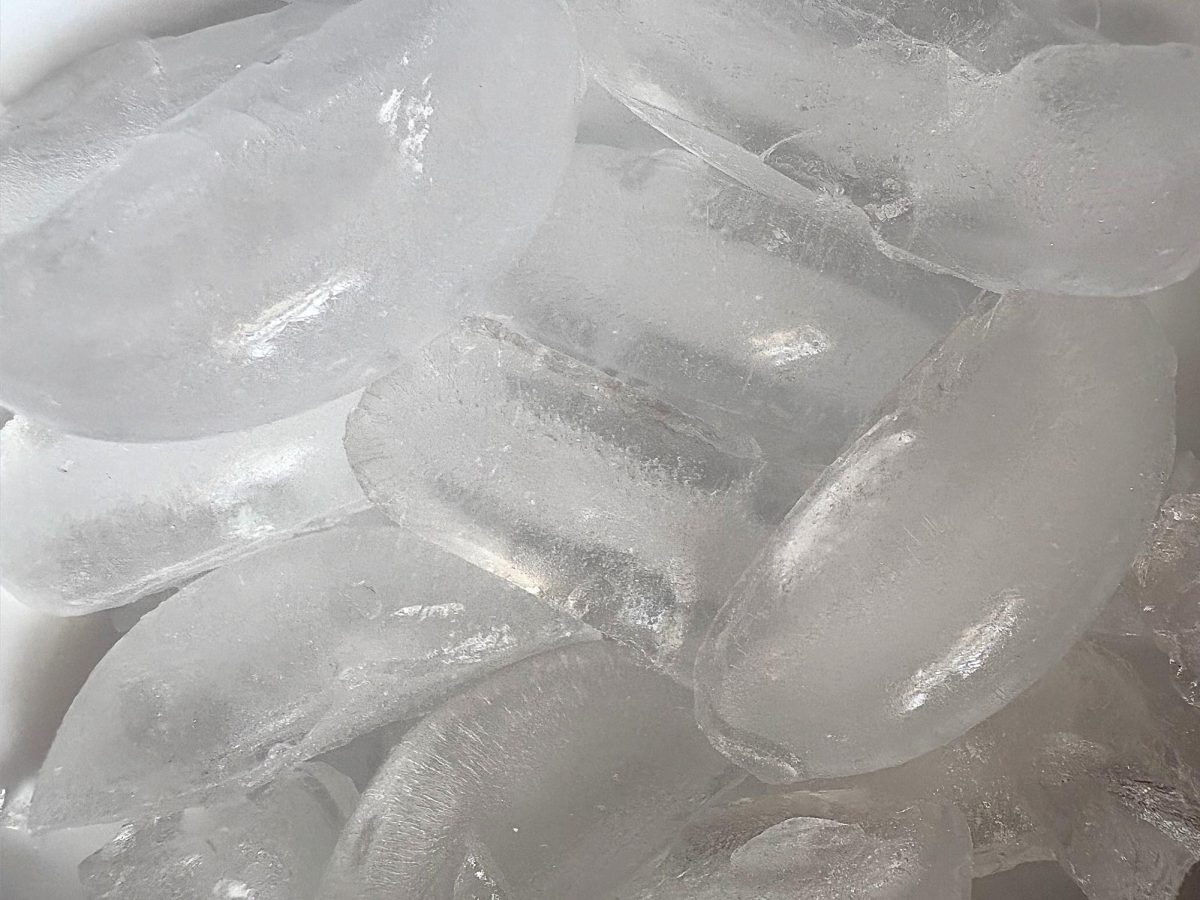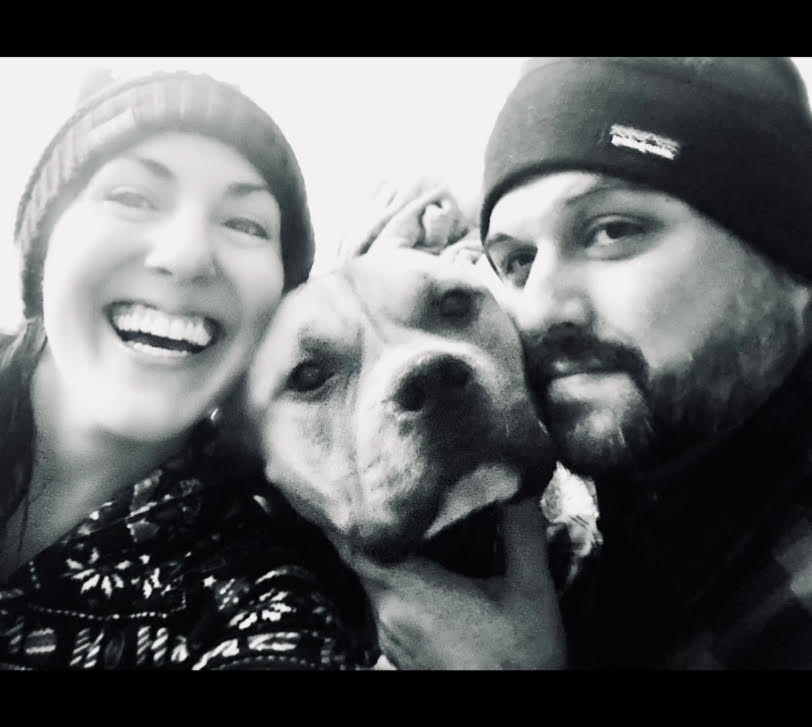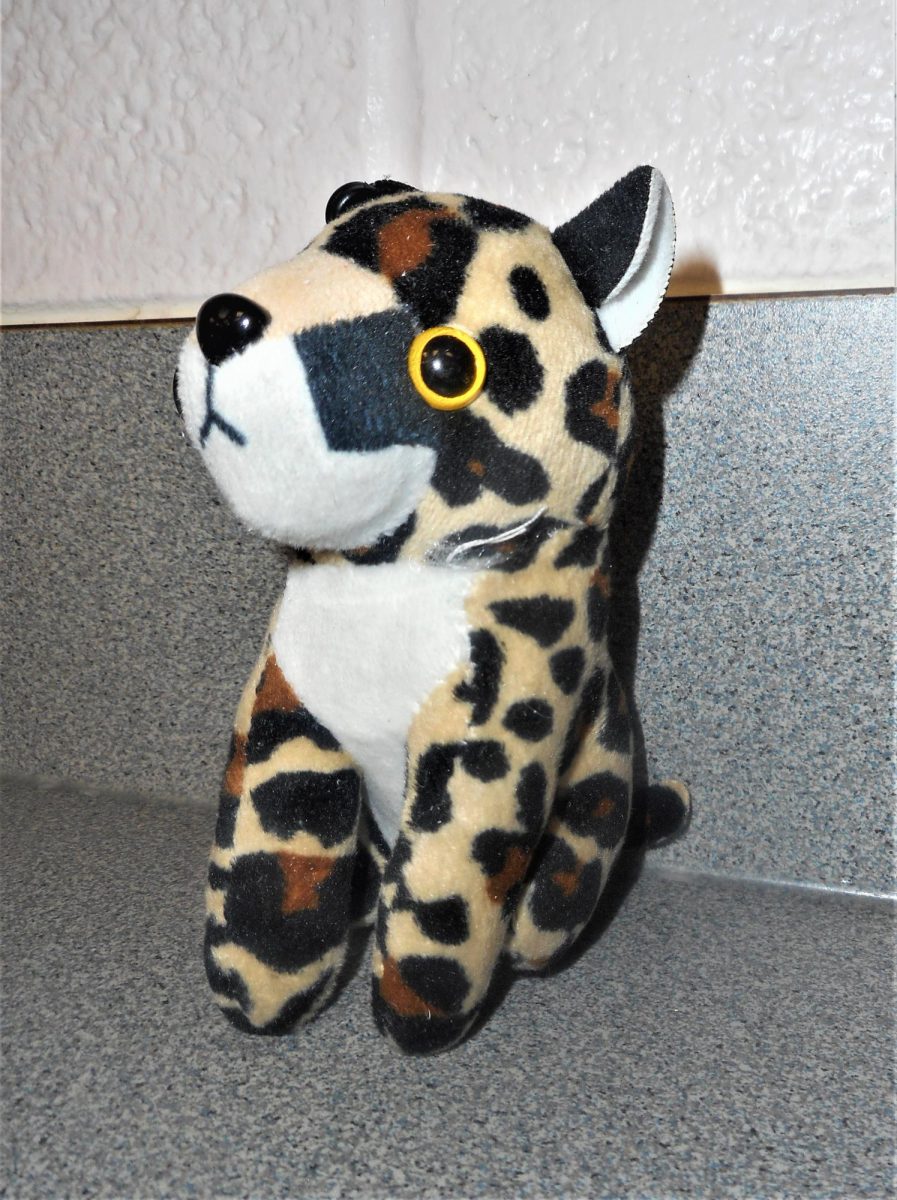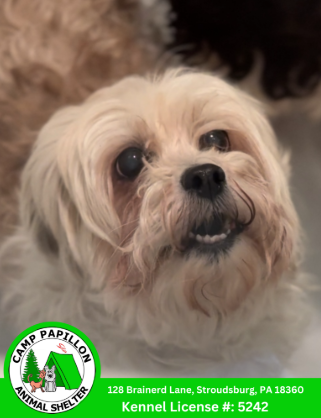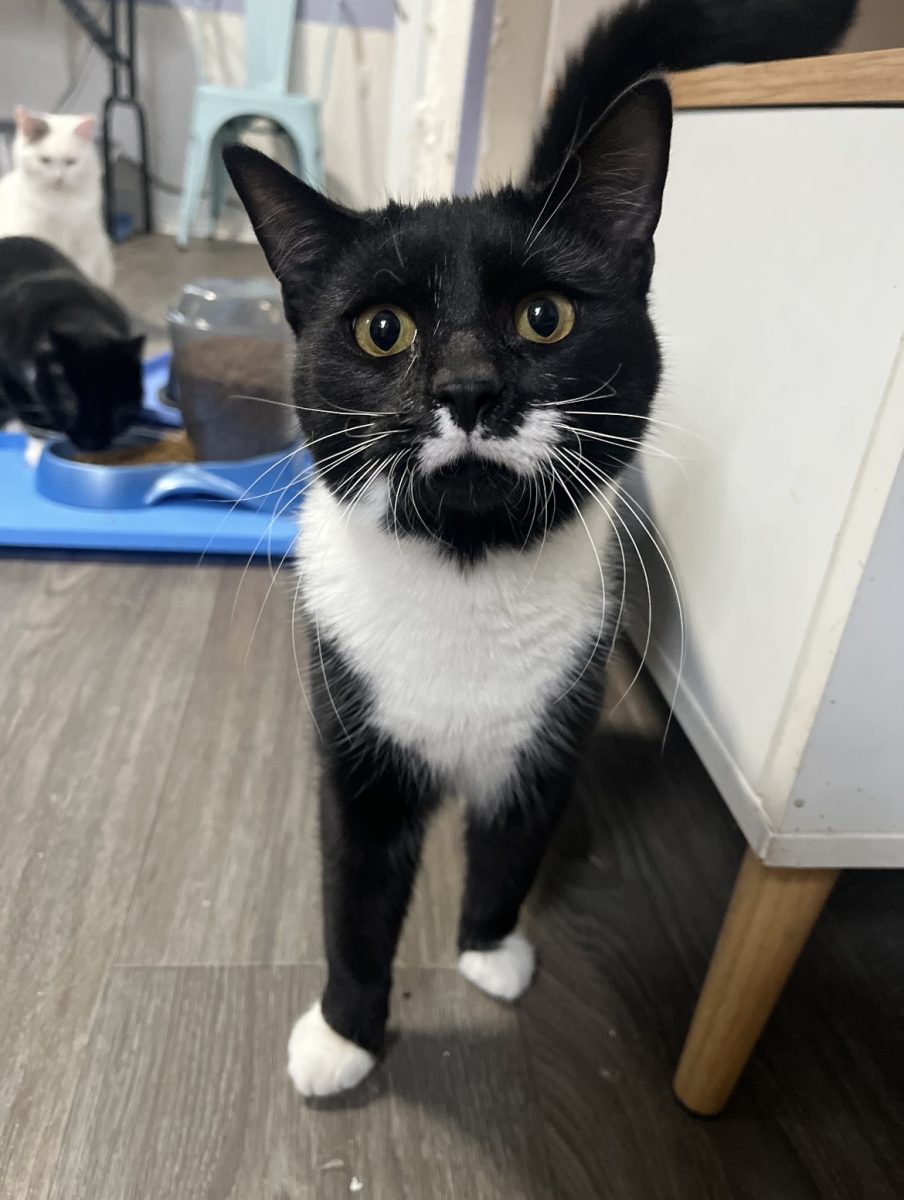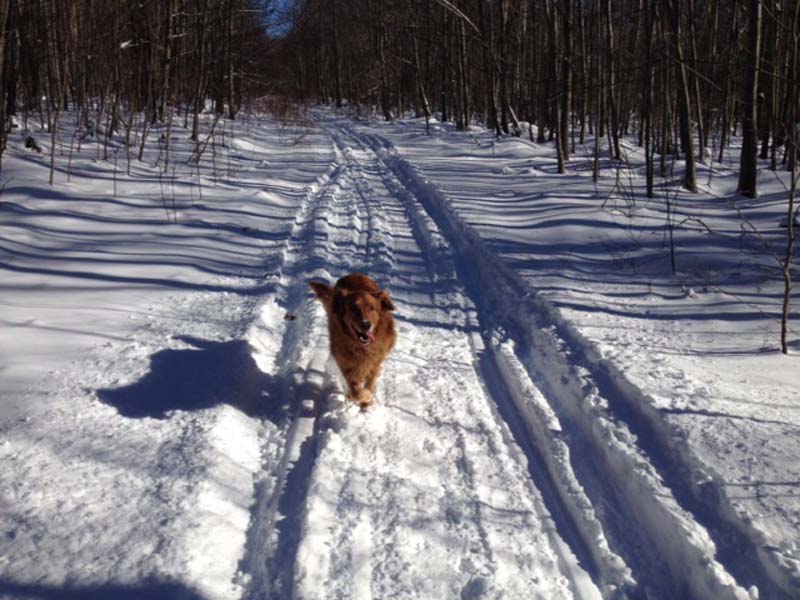Winter weather takes a toll on pets too. Dry skin, cracked paws, frostbite, and an emergency supply kit for power outages are just as much a reality for your pet as they are for your family (pets are family). Some pets love the snow and others don’t fare as well.
According to the American Red Cross, here are some tips on how to keep your fur-ever friends safe this winter season.
- Be prepared for power outages: Snow can cause power outages. The Red Cross recommends having an emergency kit that lasts up to five days. The kit includes water, food, and medicine for your pets.
- Avoid frozen/cold bodies of water: Even though ice skating can be fun, it can quickly become dangerous if the ice gives out. This can put both you and your pet in a fatal situation. Keep your pet away from the ice!
- Watch for hypothermia: Animals are more at risk for hypothermia than humans. If your pet seems off or acting differently after spending some time outside, get them to a warm place. Frostbite is harder to detect than hypothermia but make sure to keep your pet warm. If you have any concerns, take your pet to the vet right away!
- Check your vehicle engine: A warm vehicle can be a great habitat for animals in the wintertime. The Red Cross suggests checking under your car, the hood and honking the horn before you start the car up, to make sure no animals have taken refuge.
- Know your pet’s limits outdoors: The American Veterinary Medical Association (AVMA) advises being aware of how your pet tolerates cold weather and adjusting accordingly. Consult your veterinarian if you need specific advice.
- Protect their paws: Salt and other winterly chemicals can irritate your pet’s paws. Wipe their paws with a damp towel before they lick them because the chemicals could irritate their mouth. The American Society for the Prevention of Cruelty to Animals (ASPCA), also recommends using vaseline or booties to protect the sensitive paws of your pets.
- Take care of their coats and skin: With colder temperatures comes itchy and dry skin. To protect your pets from being bothered, keep your house humidified and dry your animals off before they come inside. Pay attention to their fur and paws. Try and bathe your pets several times in the winter and let your dog’s coats grow longer. Try to use moisturizing shampoo. For short-haired animals, a coat or sweater is suggested by the ASPCA.
- Use space heaters with caution: Space heaters can burn your pet, get knocked over by your pet, or cause a fire. Make sure to be cautious where you place them or try to avoid them entirely.
- Antifreeze is a deadly poison: Wipe up any antifreeze spills and store them out of reach of pets. Antifreeze is toxic and can be fatal if ingested.
For more tips on how to keep your pet safe during the winter time, go to the Red Cross.
Share this article or information with friends and social media to help keep pets safe this winter.





